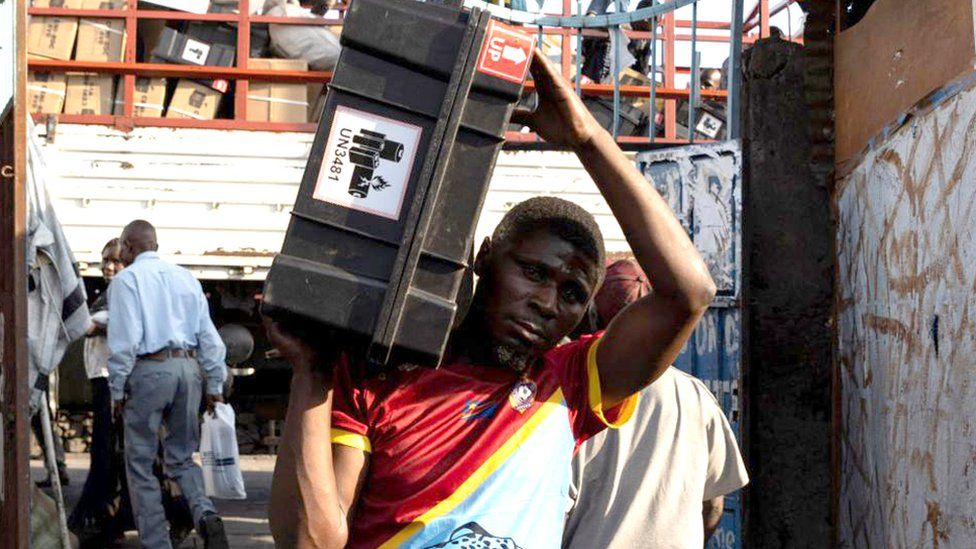-

-
-
Loading

Loading

On Wednesday, 44 million people in the Democratic Republic of Congo (DRC) will have the opportunity to elect their next president from a pool of 19 candidates. At first glance, this may seem like a positive sign for democracy. However, the reality is more complex due to insecurity and logistical challenges faced by the country. The DRC is rich in cobalt reserves, a crucial component of lithium batteries that are essential for a future without fossil fuels. The outcome of this election could play a significant role in enhancing stability in the country and ensuring that cobalt is extracted safely for the benefit of the Congolese people. Incumbent President Félix Tshisekedi is seeking re-election, facing opposition from prominent figures such as mining magnate Moïse Katumbi and former oil executive Martin Fayulu. Fayulu contests the result of the previous election in 2018, which was questioned by international observers. The peaceful transfer of power after that election was seen as a sign of hope for the country. This election follows a single-round voting system, with the candidate receiving the most votes declared as the winner. The large number of challengers to President Tshisekedi may work in his favor as it could divide opposition support. In addition to the presidential race, voters will also choose parliamentary, provincial, and municipal representatives from a pool of approximately 100,000 candidates in this vast country spanning 2,000km (1,400 miles) from west to east. The electoral commission has sought the assistance of United Nations peacekeepers to transport voting materials to over 175,000 polling booths. The eastern regions of the DRC have experienced recurring insecurity, with numerous armed groups vying for control. The presence of UN peacekeepers, an East African regional force, and Congolese soldiers has not been able to quell the violence, resulting in millions being displaced. Many of those affected have been unable to register to vote due to a chaotic registration process. In some areas, rebel activity has rendered voting impossible. The security situation in Ituri, Nord Kivu, and Sud Kivu, the eastern provinces, has been a major campaign topic, with presidential candidates making promises to address the issue. Political violence leading up to the elections has raised concerns, prompting the European Union to express worry over hate speech and incidents. Some deadly incidents have even caused Moïse Katumbi to temporarily suspend his campaign. Polling stations will be open for 11 hours from 06:00 local time (04:00 GMT in Goma; 05:00 GMT in Kinshasa). The electoral commission is expected to announce provisional results on December 31st.